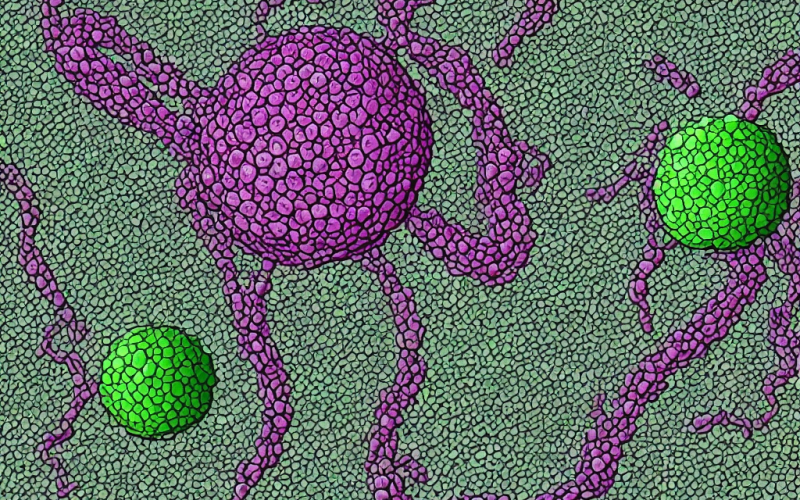A recent preprint cell study from Brown University suggests that the spike protein from SARS-CoV-2, the virus that causes COVID-19, may promote cancer by interfering with anti-cancer activities. The study found that the spike protein subunits of the virus may block a cancer suppressor gene known as p53, which is responsible for stopping cancer cell growth and encouraging DNA repair.
When cancer cells containing spike protein subunits were exposed to chemotherapy, they had a better chance of survival. The researchers tested the effects of the spike protein subunit in various human cancer cell lines and found that cells with spike protein S2 DNA tended to survive the effects of the anti-cancer gene and chemotherapy.
It is still unclear why these cells had better survival rates, but it is speculated that the spike proteins interfere with p53 activity or have other effects that promote cell survival.
The study also suggests that COVID-19 vaccines, which contain spike proteins, may have similar effects. However, the study has limitations, and more research is needed to fully understand the risks and consequences of spike protein exposure in cancer cells.
Other studies have also shown a rise in cancer cases during the COVID-19 pandemic, suggesting a potential link between the virus and cancer development.

